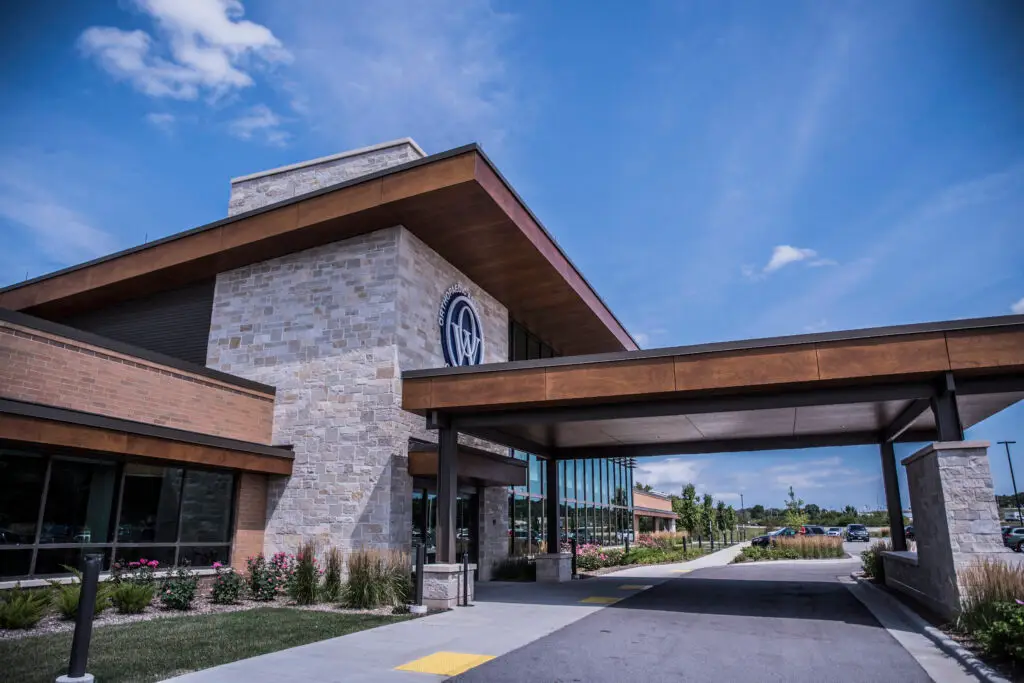Spine Trauma and Fractures
Specialized Care for Spinal Injuries That Can’t Wait
At Orthopaedic Associates of Wisconsin, we provide prompt, expert care for patients suffering from spine trauma and fractures. Whether caused by a fall, car accident, sports injury, or osteoporosis, spinal injuries require immediate evaluation and coordinated treatment to prevent long-term complications. Our board-certified spine specialists are trained in surgical and non-surgical approaches, delivering advanced care focusing on stability, pain relief, and functional recovery.
Understanding Spine Trauma
Spine trauma refers to any injury that affects the bones, discs, ligaments, or spinal cord. These injuries can range from mild compression fractures to severe spinal instability or nerve damage.
Common Causes of Spine Trauma:
Motor vehicle accidents
Falls from height
Sports injuries
Acts of violence (e.g., gunshot or stabbing injuries)
Bone weakening conditions like osteoporosis or metastatic cancer
Types of Spinal Fractures
Compression Fractures
Often seen in patients with osteoporosis, these occur when a vertebra collapses due to weakened bone.
Burst Fractures
Involves shattering of the vertebra, typically from high-energy trauma, and may affect the spinal cord.
Flexion-Distraction Fractures
Common in seatbelt injuries, these fractures involve sudden forward movement of the spine.
Fracture-Dislocations
A serious injury where vertebrae are both fractured and displaced, usually requiring surgical stabilization.
Signs and Symptoms of Spinal Fractures
Sudden, sharp back or neck pain
Pain that worsens with movement or standing
Numbness, tingling, or weakness in arms or legs
Loss of bladder or bowel control (in severe cases)
Limited range of motion or visible spinal deformity
If you experience these symptoms after trauma, seek medical attention immediately.
Diagnosing Spine Trauma
Our team uses a combination of physical examination and advanced imaging to accurately assess the injury:
X-rays to identify fractures or alignment issues
CT scans for detailed bone visualization
MRI to evaluate soft tissues, spinal discs, and the spinal cord
Treatment Options for Spinal Fractures
Non-Surgical Treatments
Many stable fractures can be treated without surgery using:
Pain management and anti-inflammatory medication
Physical therapy to restore mobility and strength
Surgical Treatment
Unstable or severe fractures may require surgical intervention. Our spine surgeons specialize in:
Vertebroplasty or kyphoplasty for compression fractures
Decompression procedures to relieve spinal cord pressure
Realignment and fixation using rods, screws, or cages
Recovery and Rehabilitation
Healing from a spinal fracture depends on the severity of the injury and the treatment plan. Our team coordinates:
Custom rehabilitation programs
Ongoing pain management
Imaging follow-ups to monitor healing
Education on posture, lifting, and injury prevention
Most patients return to daily activities within weeks to months, with continued improvement under supervised care.
OUR BACK, NECK AND SPINE SPECIALISTS
Ready to Take the Next Step Toward Relief?
If you or a loved one has experienced spine trauma or a fracture, don’t delay care. Early diagnosis and proper treatment are critical for preserving spinal function and preventing long-term complications.
Schedule a consultation with our expert spine team today and begin your journey to recovery.








